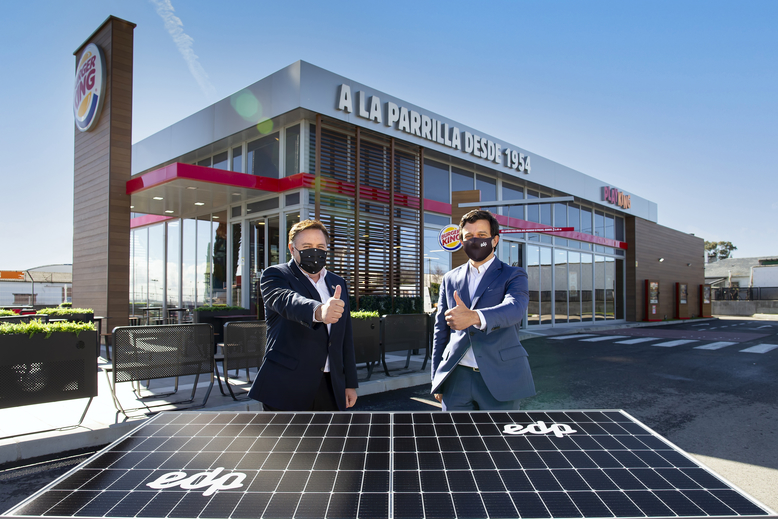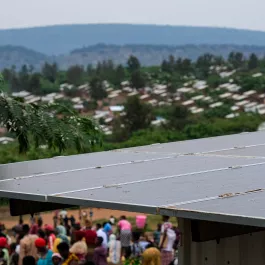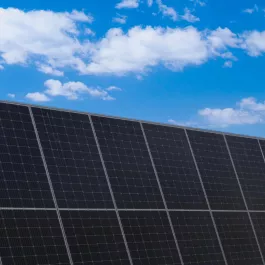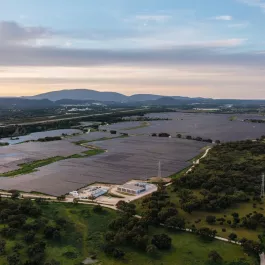
EDP and Burger King will produce solar energy in 300 restaurants in Spain

The second largest fast food chain in the world has finalized an agreement with EDP for the installation of photo-voltaic panels in its commercial spaces in Spain. This partnership will allow to generate enough energy to supply two thousand families and will soon expand to the restaurants managed by Burger King in Portugal.
EDP made a deal with Burger King for the installation of photo-voltaic panels in about 300 restaurants of the fast food chain in Spain. With this partnership, Burger King will be able to produce and consume renewable energy in its facilities, thus reinforcing its commitment to sustainability and energy saving. In the future, the partnership with EDP will be extended to the restaurants managed by Burger King in Portugal.
Today, EDP is one of the leaders in the distribution of solar energy in the Iberian Peninsula, with more than 800 projects for photo-voltaic solar parks in companies in Portugal and Spain. In 2020, the number of solar projects grew by about 90%, compared to 2019, with EDP's business customers producing enough energy to supply 60,000 households in a year.
In partnership with Burger King, the energy plan will be developed throughout this year in the free standing dining spaces (whose buildings are independent) already existing in Spain. In addition to these, all newly constructed spaces in the same model will also incorporate self-consumption of solar energy.
In total, the plan foresees the installation of more than 12,000 photo-voltaic panels, which will occupy an area of 25,000 square meters, the equivalent of almost four football fields. Restaurant chain self-consumption facilities will reach a total installed power of more than five megawatts-peak, the energy generated will be equivalent to the average electricity consumption of more than 2,000 homes (more than 7,700 megawatts-hour).
With this energy, it will be possible to prepare 39 million burgers in the various restaurants in the restaurant chain. This option for renewable energy will also reduce CO2 emissions by more than 2,300 tonnes per year, almost eight tonnes per restaurant. The impact is also positive for air quality, and is equivalent to planting 150,000 new trees.



